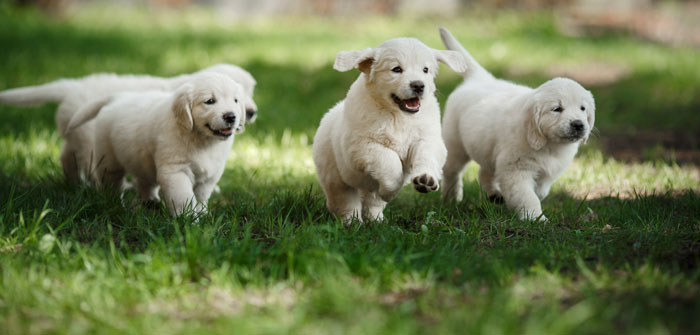Researchers at the University of Bristol are asking puppy owners in the south west to send them samples of their puppy’s poo so that they can be monitored for antibiotic-resistant bacteria.
Resistance to antibiotics is becoming increasingly prevalent and is recognised as a threat to both human and animal health worldwide, with an estimated 700,000 people dying from resistant infections every year.
The One Health Selection and Transmission of Antimicrobial Resistance (OH-STAR) project team at the University of Bristol is investigating how antibiotic-resistant E. coli – a very common gut bacterium that causes opportunistic infections – might move between the environment, animals, and humans. The researchers want to find out if antibiotic-resistant bacteria in animals are an important source of antibiotic-resistant bacteria in people, and from where animals get their antibiotic-resistant gut bacteria.
For this part of the study, the team is collecting and analysing faecal samples from young puppies which are not being walked in public places, and comparing these to samples from the same puppies a month or two later when they have started going outside for walks. They are particularly interested in how the places puppies are walked might influence the levels of antibiotic resistant bacteria in their guts.
Dr Matthew Avison, reader in molecular bacteriology in the School of Cellular and Molecular Medicine and who is leading the OH-STAR project, said: “Puppies might get their gut bacteria from their mothers, from the environment in which they are exercised, from other pets in the household, or from their owners. It may well be a combination of all these.
“We want to identify the importance of the environment as a source of antibiotic-resistant bacteria, because dogs might be bringing these bacteria into the home. At the moment, we just don’t know.”


